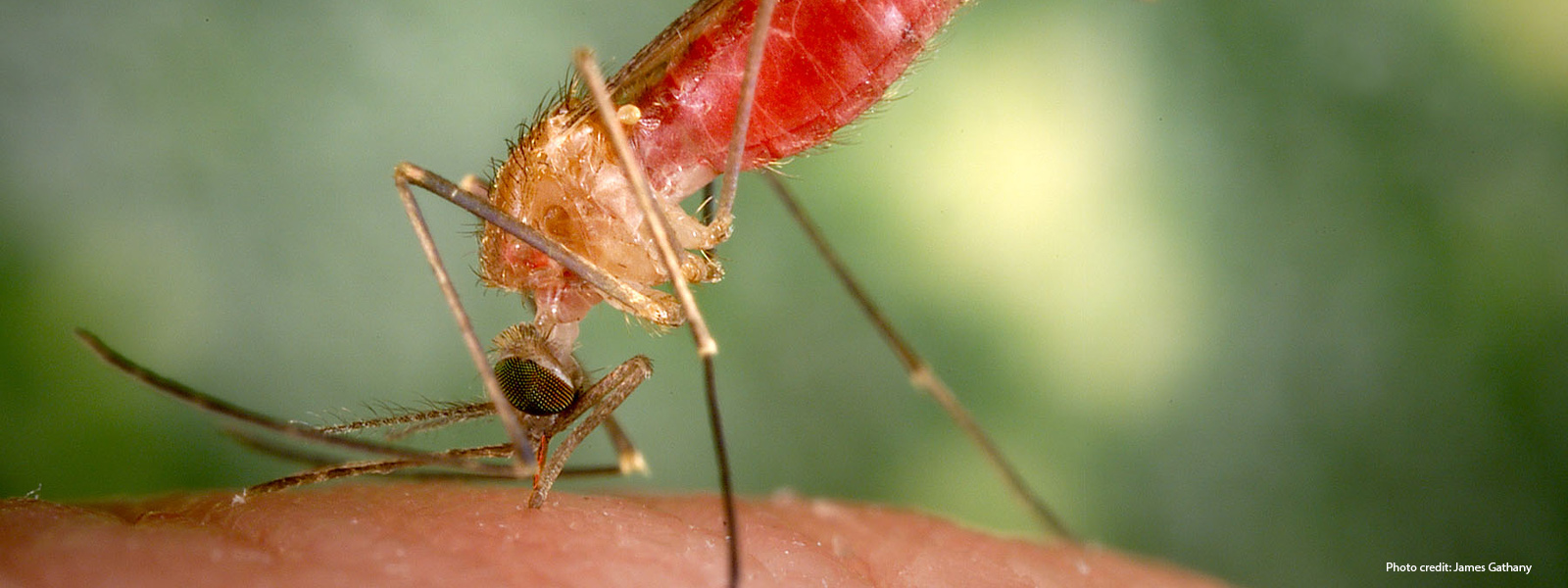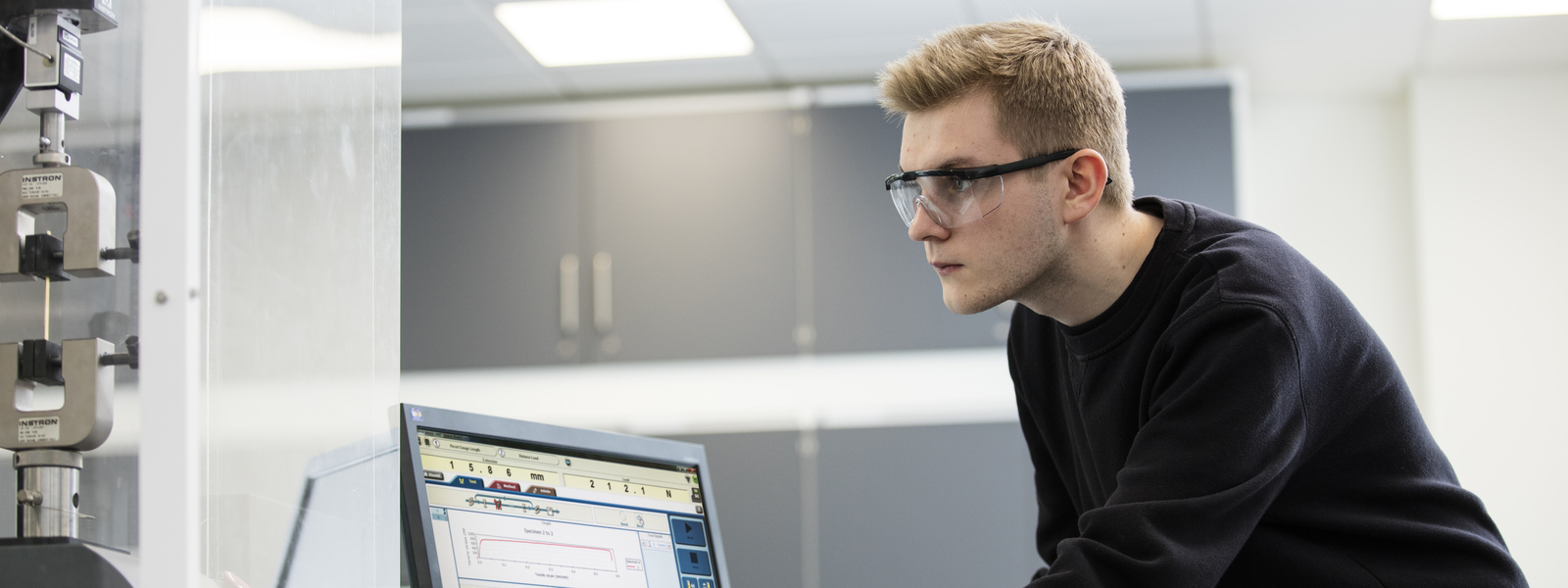UN SDG 1: No Poverty
End poverty in all its forms everywhere.
SDG Outputs
We had 11 outputs relevant to this SDG in 2022 according to SciVal and 13 in 2021. See for example:
Bain, L. E et al. 2022 Beyond counting intended pregnancies among young women to understanding their associated factors in sub-Saharan Africa. International Health 14, 501-509
DOI: 10.1093/inthealth/ihab056
Igwe, P.A. et al. 2022 Decolonising research approaches towards non-extractive research. Qualitative Market Research 25; 453-468
DOI: 10.1108/QMR-11-2021-0135
Overview
The University of Lincoln has been noted for its ‘courageous’ role in tackling deprivation, and our Levelling Up Impact Report sets out some of the work we have been doing in this area. We have been cited as leaders in providing routes for social mobility, with specific examples from our work in the Holbeach area, where our campus provides opportunities for upskilling for hundreds of in-work students every year, and we have set up the Holbeach Academy which has significantly raised aspirations among its pupils.
Supporting Businesses
We also have a long history of supporting businesses in Lincolnshire with training, financial support and advice on innovation to ensure their sustainability and we regard this as a significant part of our mission. More than 750 businesses over the last four years have been supported through one of our productivity programmes. We work closely with the Greater lincolnshire LEP in a variety of ways to increase prosperity and productivity locally, including through our work setting up business support facilities such as The Bridge and the Food Enterprise Zone at Holbeach.
Transforming Lives
Our work on Digital Hubs is an example of our research supporting economic development in rural areas such as Lincolnshire, recognising the importance of digital access for all, while our Malaria and infant health projects are working to reduce the burden of preventable and curable disease which enable poverty to persist in those countries.
Supporting Students
A significant proportion of our UK students are from the lower financial quintiles and we are very proud of the support we are able to offer students from non-traditional university-entry backgrounds. We offer a significant number of scholarships (numbers) and all students, including those from overseas, have access to our hardship funds (amount distributed). In 2021/22, we offer significant fee discounts to students from lower and middle income countries such as India and Nigeria.
We have also created a hub of information and advice for students on managing their finances and signposting to available support including specialist funding advisors. This support also includes the UoL Financial Assistance Funds (ULFAF), which is available to those students that need it the most. The funds range from covering travel and field trip costs, to childcare and day-to-day living.
Explore More

UN SDG 2: Zero Hunger
End hunger, achieve food security and improved nutrition and promote sustainable agriculture.
,Education.jpg)
.jpg)


